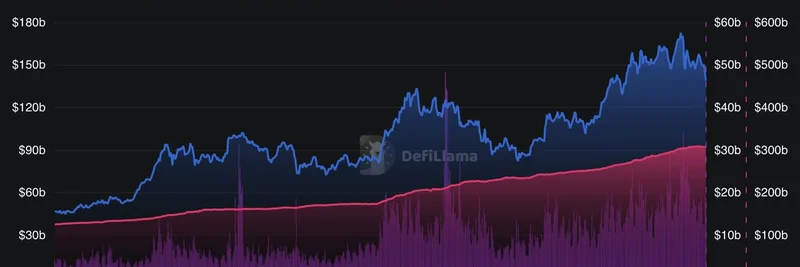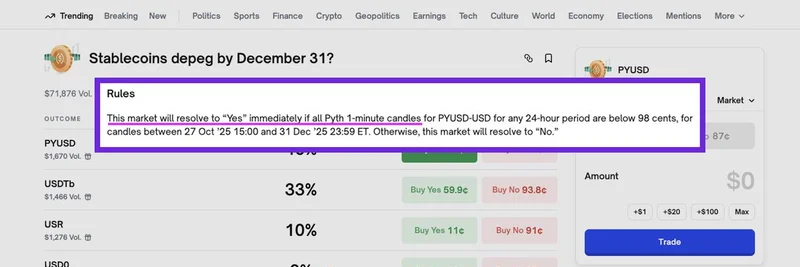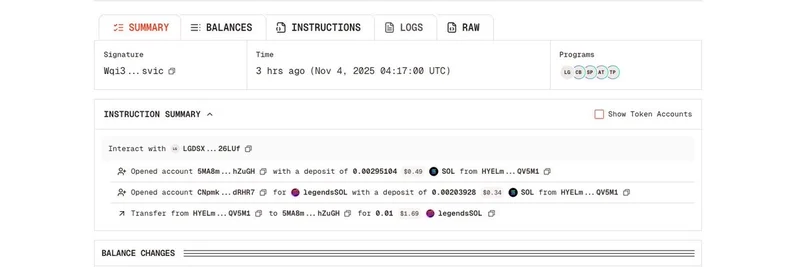In the fast-paced world of cryptocurrency, staying ahead of regulatory requirements is crucial, especially for projects in the meme token space where volatility and rapid growth can sometimes outpace compliance measures. The recent announcement of a partnership between Chainalysis and Chainlink is a game-changer, merging advanced risk intelligence with automated compliance tools. Let's break this down and see what it means for blockchain practitioners and meme token enthusiasts.
Understanding the Partnership
Chainalysis, a leading blockchain analytics firm, has teamed up with Chainlink, the decentralized oracle network powerhouse. The core of this collaboration involves integrating Chainalysis's Know Your Transaction (KYT) risk intelligence with Chainlink's Automated Compliance Engine. For those new to these terms, KYT is essentially a system that monitors transactions in real-time to detect suspicious activities, helping platforms comply with anti-money laundering (AML) regulations. Chainlink's oracles, on the other hand, provide secure, tamper-proof data feeds from off-chain sources to on-chain smart contracts.
This merger means that Chainlink's engine can now automatically incorporate Chainalysis's risk data, enabling smarter, more proactive compliance measures directly within decentralized applications (dApps). Imagine a meme token launchpad or DEX that can flag high-risk transactions before they even settle— that's the kind of efficiency we're talking about.
Why This Matters for Meme Tokens
Meme tokens, often built on networks like Binance Smart Chain (BSC), thrive on community hype and viral trends. However, they've also been hotspots for scams, rug pulls, and illicit activities due to their accessibility and low barriers to entry. With regulators worldwide tightening the screws on crypto compliance—think of the EU's MiCA framework or the U.S. SEC's ongoing scrutiny—this partnership could provide much-needed tools for meme token projects to legitimize and protect their ecosystems.
For developers and traders in the meme space, integrating such compliance features could mean safer trading environments. Projects like Dogecoin or newer entrants on BSC might leverage this to build trust, attracting institutional investors who shy away from unregulated waters. It's not just about avoiding fines; it's about fostering sustainable growth in a sector that's often dismissed as mere speculation.
Broader Implications for Blockchain Technology
Beyond memes, this collaboration signals a maturing crypto industry. Chainlink's oracles are already integral to DeFi protocols, NFTs, and cross-chain bridges. By embedding Chainalysis's intelligence, developers can create self-regulating systems that adapt to evolving risks, such as sanctions evasion or fraud detection. This could accelerate adoption in traditional finance, where compliance is non-negotiable.
If you're a blockchain practitioner looking to enhance your knowledge, keep an eye on how this unfolds. Resources like the official Chainlink blog (chain.link) or Chainalysis reports (chainalysis.com) offer deeper dives into these technologies.
In summary, the Chainalysis-Chainlink partnership is a step toward a more secure and compliant crypto landscape, potentially elevating meme tokens from niche plays to mainstream assets. Stay tuned to Meme Insider for more updates on how such innovations shape the meme economy.



